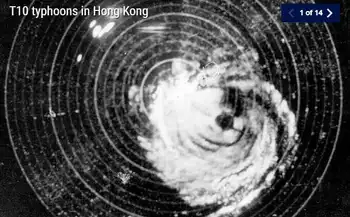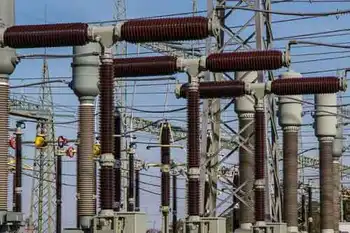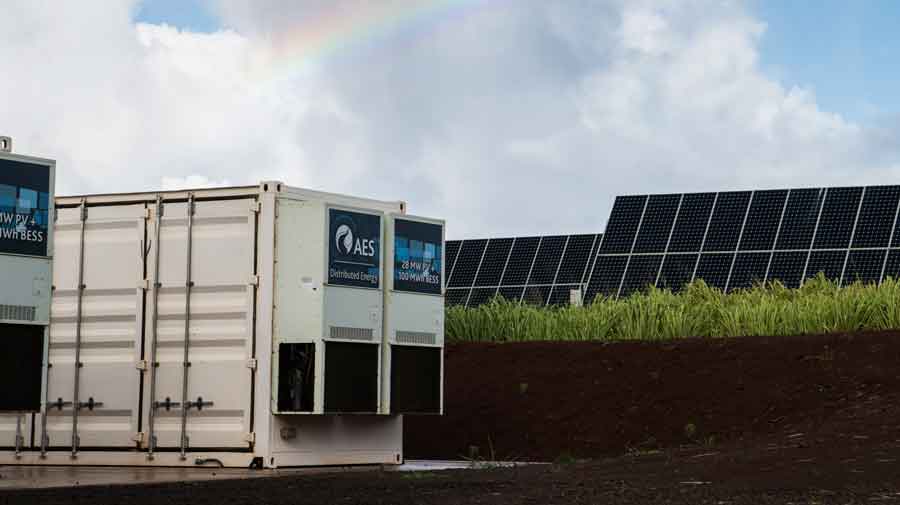One year after Gustav, many prepared for outages
By Associated Press
Arc Flash Training - CSA Z462 Electrical Safety
Our customized live online or in‑person group training can be delivered to your staff at your location.

- Live Online
- 6 hours Instructor-led
- Group Training Available
With power out for more than a week in Houma, about 60 miles southwest of New Orleans, Hebert decided it was time to invest in a portable generator as a defense against the sweltering summer heat that makes air conditioning an almost necessity of life in Louisiana.
She was not alone.
Gustav, which came ashore a year ago as a Category 2 storm with 100 mph winds, dealt an unexpectedly harsh blow along the coast and far inland, downing power lines in the Baton Rouge area and blacking out the state capital for days.
The storm was the first major test of New Orleans' rebuilt levees since Hurricane Katrina struck in 2005. Gustav was blamed for forcing more than 1 million people to evacuate over the Labor Day weekend, killing 46 people and causing $1.9 billion of insured losses.
Though not in a league with Katrina, Gustav left a lot of discomfort in its wake as thousands of evacuees returned home to face weeks without electricity.
"It was just ridiculous, the time it took them to get the electricity back on," said Hebert, a legal assistant in Houma. "We just figured we should be ready for the next storm."
Hebert and others led a surge in buying portable generators, spending hundreds or thousands of dollars as a hedge against the next storm. Supply stores and electricians report brisk business in sales and adapting home wiring systems to use the generators after Gustav and continuing as the 2009 hurricane season neared.
Hebert's family bought one in Houston, where they went before Gustav, and put it to use when they returned home.
"It wasn't the best, but we had the generator going and we could get to sleep. We're pretty much ready again this year," said Hebert, who lived in New Orleans as a child when Hurricane Betsy swamped her home with flood water in 1965. "I guess I'm older now, and scareder, or wiser, whatever you want to call it. I'm finally prepared with a generator."
As the power outages in Baton Rouge went from days to weeks, demand surged for generators and special plugs they need.
"We were having to get those plugs flown in from all over the country," said Lynn Reulet, owner of Reulet Electric Supplies. In a normal year, she would probably sell less than 50. After a hurricane like Gustav, she said, "I could have sold a thousand of them."
Utility companies said that in recent years they've improved their capacity to restore power after hurricanes knock down poles and flood substations. Prearranged cooperative agreements send hundreds of crews from companies in unaffected states into those suffering the worst electricity outages.
"A danger for utilities is, if you go without a major storm for a while, you can kind of become lulled into complacency," said Jeff Brooks, spokesman for Raleigh, N.C.-based Progress Energy, owner of utilities serving 3.1 million customers in the Carolinas and Florida. "The reality is, it's important that we, as a utility, drill on a regular basis as if a major storm is definitely going to hit our region. And cooperation with other utilities also sharpens our skills, so that when the storm hits here, we'll be able to respond quickly and efficiently."
Utilities say they're improving ways to let customers know how efforts to restore power are progressing. New Orleans-based Entergy, which serves much of Louisiana, said that in September it will launch a text messaging system to keep people informed. Brooks said Progress Energy plans to do the same on the social networking site Twitter.
"The customers can handle it (long outages) — if they at least know when (a utility is) going to be back in service, or they know that you're out there working on it. They can't handle it if they just don't know what you're doing," said Richard Lordan, technology director for power delivery for the Electric Power Research Institute, a utility-supported trade group.
Daniel Achee, a Houma school teacher, said he and his family survived without power for a week and a half after Gustav without too much discomfort, but only because he bought a generator for about $500. He also bought and filled up a dozen 5-gallon gasoline cans to keep the generator running the refrigerator and two window-unit air conditioners.
"It was miserable for one night," Achee said. "Then I got a generator, and we were fine."











